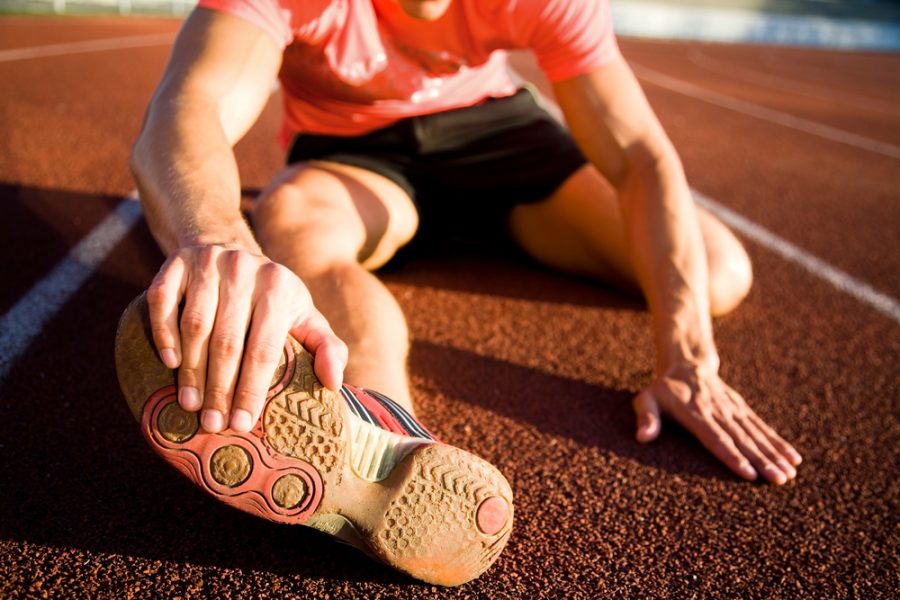
How To Support An Athletic Teen
Any parent of a devoted teenage athlete knows just how crazy life can get.
A few extracurricular activities are one thing—but driving to practice, games, or ballet classes four nights a week can get overwhelming.
On the one hand, teenagers ought to feel supported as they pursue their passions, and feel they have the space to do so. On the other hand, no one likes feeling like a lone chauffeur, cheerleader, medic and parent all at once.
Here’s how to stay sane while supporting an athletic teen.
Tell your teenager he or she is worth it.
It’s easy to grumble about having to cart someone around everywhere, often multiple times a day; or for blood pressure to spike any time an extra practice is scheduled.
Of course, all the racing around is worth it. Parents do it because they love their children, and because sons and daughters ought to feel supported as they pursue healthy endeavors. Still, showing that love in a patient way isn’t always easy. And if a parent isn’t careful, a teenager isn’t going to understand the grumpy parent in the front seat is actually trying to show support.
The best way to cut through the confusion and mixed messaging is to just come right out and tell them: You’re proud of their pursuits, and it’s important to you that they go after what interests them.
You might not always love all the driving, the equipment or uniform bills, but you’re there for them no matter what.
Support the aches and pains.
In the athletic world, life is full of sore muscles and bruises.
It’s easy to forget about all the physical ups and downs that go along with a soccer match or gymnastics floor routine, so parents are wise to check in regularly. Something as simple as “Sore today?” over breakfast or ““You ran a lot yesterday, how are you even walking?” is all it takes to acknowledge the hard work a young athlete is putting in. Plus, it helps teenagers feel noticed.
Parents also have the power to make the soreness better. Drawing a hot bath, signing up for physical therapy, or finding a natural pain reliever such as Curamed will help adolescents keep working out without suffering as much for it.
Team up with other parents.
Any parent who feels like he or she is doing too much, probably is.
All the driving and racing around can get overwhelming—so adults are wise to find ways to alleviate some of the pressure. There’s no reason why members of the soccer team or students in the ballet class can’t band together in a rotating carpool for practices, games, meets and other events. That way, everyone gets at least a few days off every week.
It also doesn’t hurt to give teenagers some independence. Can he or she do homework at the library and then walk back for practice? Relying on other adults and the athletes themselves to take on some of the burden can give parents much-needed breaks during the height of sports seasons.
Cheer them on.
Even when the ballet recital is four hours long, or when the football game is delayed and starts an hour late, it’s imperative to show up to sporting events as much as humanly possible.
Driving and money aren’t the only support a teenager needs. They need to see their parents there, in person, invested. That doesn’t mean making it to every single game or recital. But there’s nothing worse for a student athlete than knowing his or her folks could be at a match, and aren’t.
No parent wants to miss this chance to watch rising stars shine, learning to work together as a team or independently and become their own person. Even little things, such as a photo booth rental for the end-of-season party, demonstrate a commitment to a teenager’s hopes and hobbies.
Being a parent of an athletic teen isn’t always easy. But it is always worth it.
